Malipayong Bulan: Different Holiday Traditions in December
And just like that, December is here and we’re looking ahead to a new year. This month is special to many cultures and religions. We tend to associate it with celebrations, food, merry-making, and some family time.

True to its reputation, December does hold a good number of holidays to be celebrated. Some of them are familiar to us here in the Philippines, others are a bit foreign. Take a look at them and maybe greet a friend who celebrates them.
Hanukkah
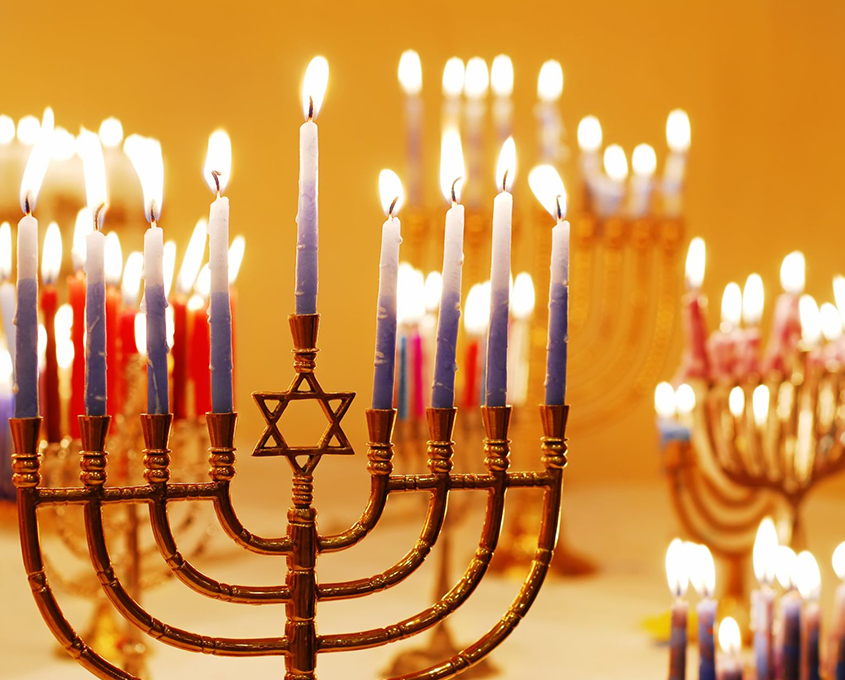
For eight days each November or December, Jews celebrate Hanukkah. They light a special candle holder called a menorah to honor an ancient miracle where one day’s worth of oil burned for eight days in the temple. Jews also celebrate this holiday by eating special potato cakes called latkes and spinning dreidel to win chocolate coins, assorted nuts, or raisins.
Three Kings Day
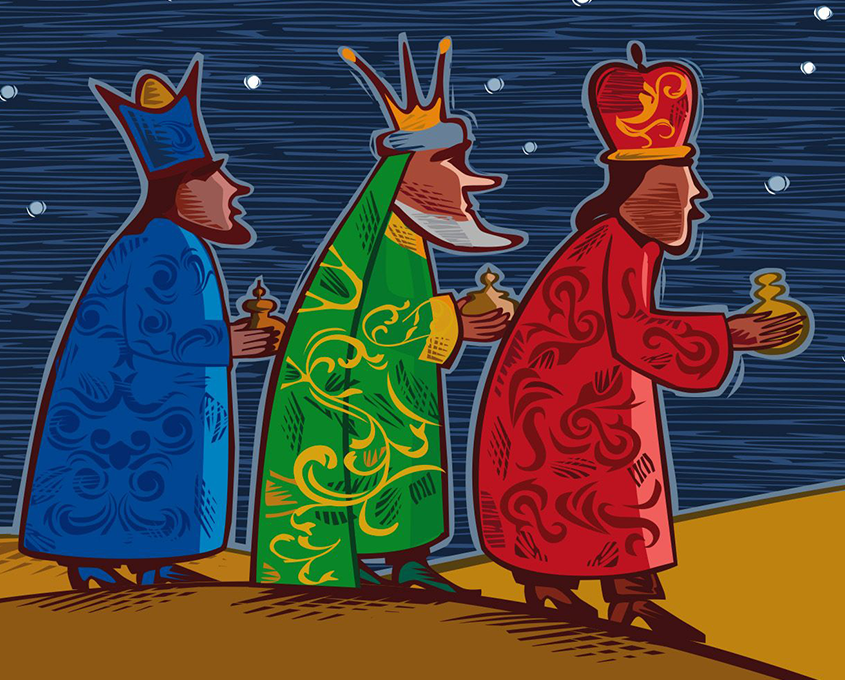
After the Twelve Day of Christmas, the day of the Three Kings is celebrated. Also called the day of the Epiphany, this holiday is celebrated as the day the three wise men brought the baby Jesus gifts and saw him in the manger for the first time. In many Latin and European countries, there are traditions of giving kids presents on this day.
Winter Solstice and Yule

The Winter Solstice occurs around December 21 or 22. It is the shortest day and longest night of the year for those living in the Northern hempisphere. Yule is also celebrated on this day, an ancient Pagan tradition that stemmed from the Norse mythology of the Wild Hunt, the god Odin, and the pagan Anglo-Saxon Mōdraniht. Believe it or not, many of the Christmas traditions we have now stemmed from Yule, including caroling, the tree, and gift-giving.
Santa Lucia Day
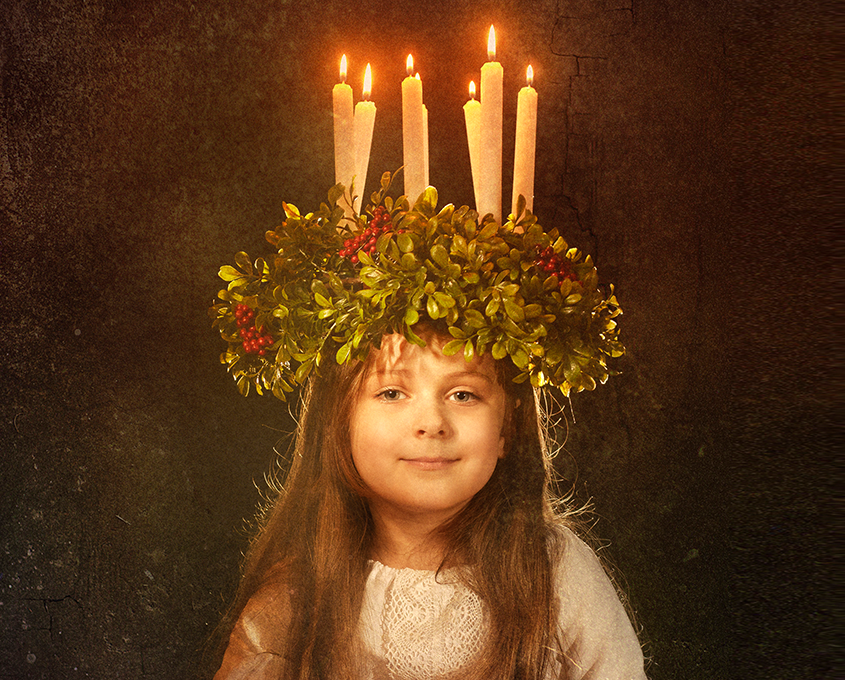
Santa Lucia is a saint from the Third Century who lived and died in Syracuse, Italy. She was a Christian martyr who died during the Diocletianic Persecution. She is considered the Bearer of Light and her feast day is on December 13th. In Scandinavian countries, little girls dress in long white gowns with red sashes and a wreath of burning candles on their heads. It is said that honoring Sta. Lucia means getting through the winter with enough light.
St. Nicholas Day
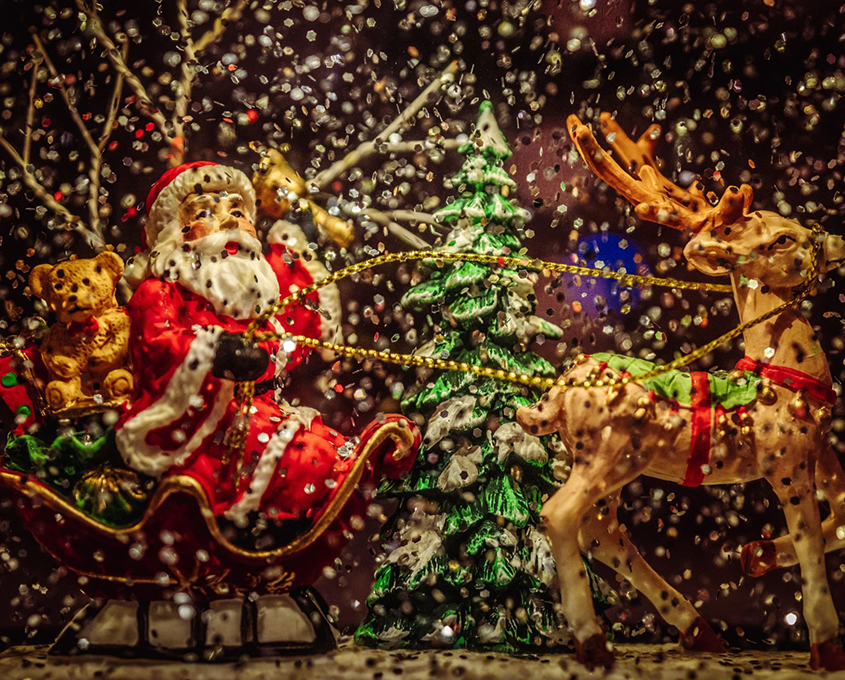
This is a popular December holiday in many European countries. It celebrates Saint Nicholas of Myra, the man who inspired the persona of Santa Claus and Father Christmas. He was a man of great compassion and love for the poor, especially children. He gave up all of his money in order to help them. December 6th honors the anniversary of his death with parades, feasts, gift-giving, and festivals.
Christmas

Christmas is often tied to religious traditions. It honors the birth of Jesus Christ. There are varying traditions for many cultures around the world for this particular holiday. In the Philippines, we have Misa de Aguinaldo or Simbang Gabi for 9 days. In Ukraine, the celebrations begin when the first evening star is sighted. There are plenty of others all over the world but they all celebrate love, hope, and light.
Boxing Day

Boxing Day is one of the less known holidays during this month. It originated in the United Kingdom during the Middle Ages. The original tradition was to open the alms box of the church on December 26th and distribute it to the poor. Some countries continue the tradition today with alterations. Festivals and parades are held and food is shared in a community.
Kwanzaa
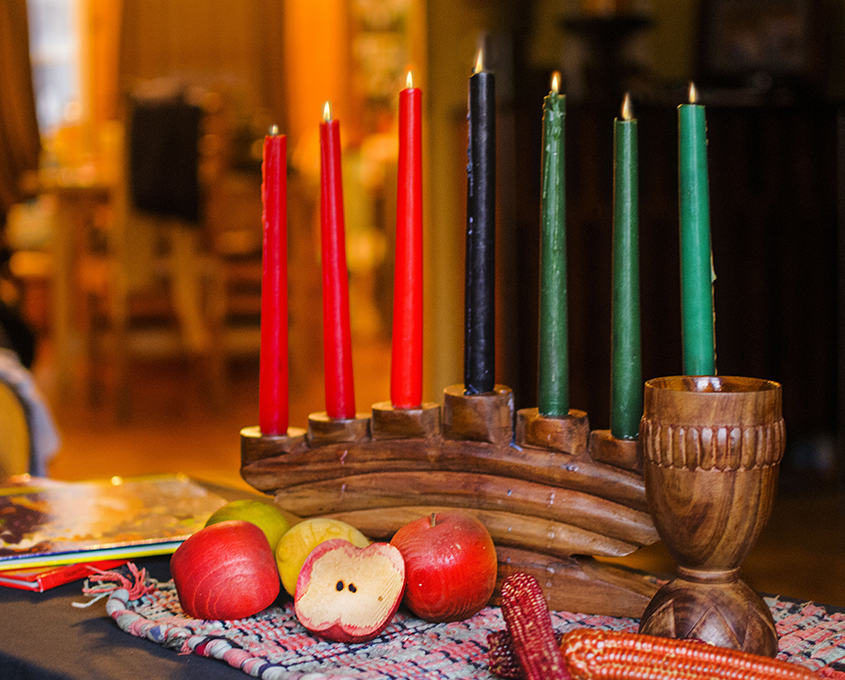
Kwanzaa, meaning “First Fruits,” is based on ancient African harvest festivals. It is now celebrated from December 26th to January 1st. African Americans celebrate with singing, dancing, parades, and feasts; all traditions that can be traced back to their ancestors despite being a continent away. Kwanzaa celebrations may also vary per family.
Ōmisoka
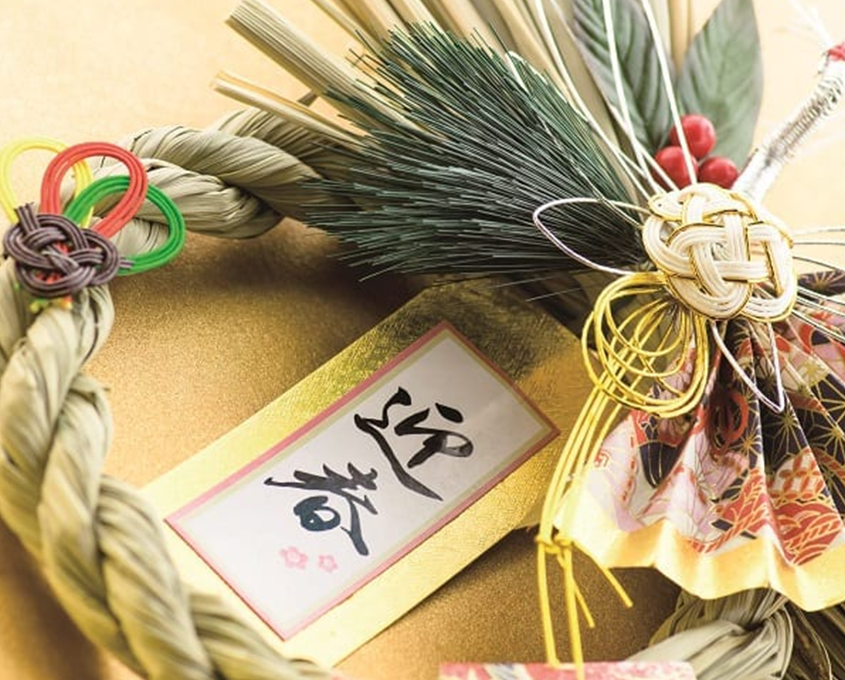
This holiday is the second most important holiday for many Japanese families. It is the final day of the old year and the eve of the new one. Families gather on Ōmisoka to have a bowl of toshikoshi-soba or toshikoshi-udon, long noodles to cross over from one year to the next. At midnight, they visit their Shinto shrines or temples. Buddhist temples strike their large bells 108 times for the 108 earthly desires believed to cause human suffering.